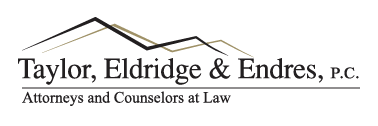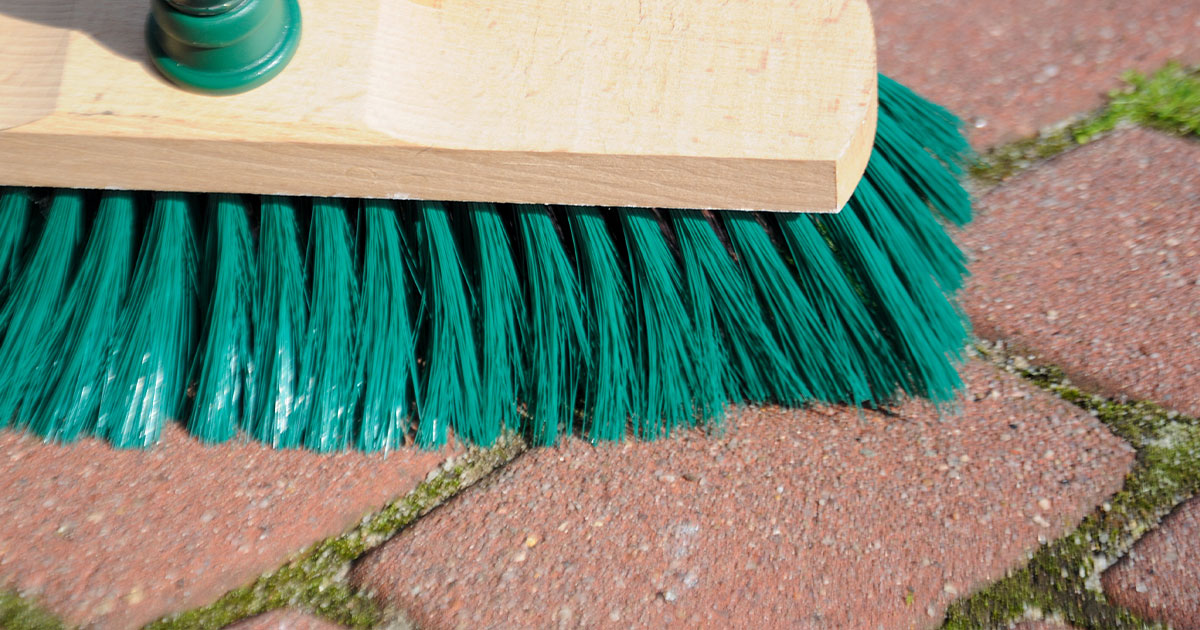Pool openings. Tee times. Court reservations. Dock moorings. Playground use. These are just some of the recreational activities offered by community associations, especially on Long Island.
Community rules and contracts
Inspecting your community’s rules, vendor contracts, and the amenities in advance of anticipated increased use is an effective means of lowering your Board’s risk of personal injury and property damage claims.
Do your rules need a clean-up?
Whether the entire set of House Rules/Rules and Regulations, or the amenity-specific rules, the Board should consider adopting changes if a more formal approach – or maybe more flexibility – to controlling your amenities is needed. For example, is the sound of the basketball or newly-installed pickle ball court creating a noise nuisance at unreasonable times? Are there too many children in the pool every day of the week? Since most Boards have discretion in making reasonable rules as to common areas without a member vote, this is an opportunity to create a safer environment that everyone can equally enjoy.
CIs your Board allowing, for example, a water yoga or other exercise instructor to teach lessons in the pool either for profit or for fun? Have you asked that individual or entity for – and received – an insurance certificate naming your community as an additional insured? Do you have a written agreement with this instructor that includes an adequate indemnity provision? If you answered “yes” to the first question, but “no” to either of the others, this should prompt your Board to consider whether the resulting exposure to liability outweighs the community members’ affinity for the activity.
Doing a walkthrough of your community
If not done recently, it might be time to do a walk-through of the community for broken or potentially hazardous conditions. Whether the repair or maintenance responsibility belongs to the Board or the owner, locating and repairing a broken sidewalk, loose paver, dilapidated fence, deteriorating light fixtures, and the like, could lower the chances of an injury, thus fewer claims against your policy. However, be cognizant of enforcing the rules equally. Demanding one homeowner to make a certain repair, but failing to demand the same repair of another where the same or similar defect exists, opens the door to a possible claim of selective enforcement.
Don’t forget to review the governing documents and consult with your attorney if you are unsure of your rights and obligations as a Board. And don’t forget to have fun this summer!


